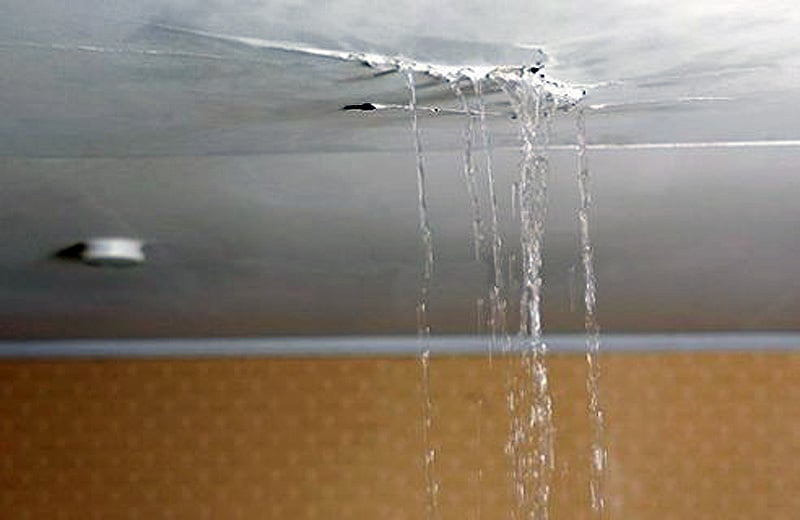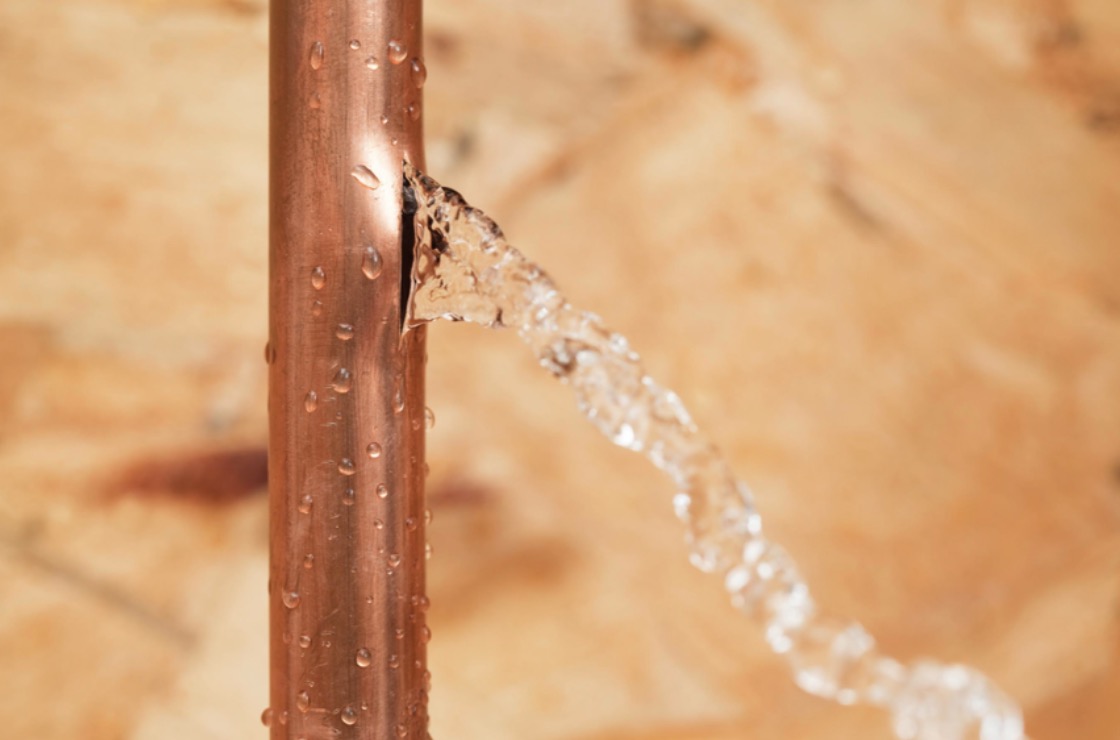6 Most Common Sources of Water Leaks in Your Home: How to Identify and Address Them
6 Most Common Sources of Water Leaks in Your Home: How to Identify and Address Them
Blog Article
What're your insights and beliefs about How to detect water leaks in your home?

Leaks not just cause waste of water but can additionally create unnecessary damage to your residence as well as promote unwanted natural development. Regrettably, water leakages may go undetected considering that most of the pipework in our residence is hidden. By looking as well as recognizing for day-to-day scenarios that create leaks, you can shield your home from future leakages as well as unnecessary damages. Today, we will consider 6 leak triggers that may be creating your pipes to drip.
Intruding roots
A lot of water leaks begin outside the house instead of inside it. If you see a sudden decline in water pressure, state in your tap, take some time to go out and also examine your lawn. You might observe wet patches or sinkholes in your backyard, and that could imply that tree origins are invading water lines triggering water to permeate out. You can have your plumber check for breach, particularly if you have trees or hedges near your home.
Corroded water systems
As time goes by, your plumbing system ages and also deterioration such as rust might start gnawing the pipes. This may be the root cause of staining or warping on your water pipes. This requires an inspection with your plumber right away. If our plumbing system is old, take into consideration changing the pipes considering that they go to a greater threat of deterioration than the more recent versions.
Defective Pipe Joints
The factor at which your pipelines link is frequently the weakest link in the waterline. Pipe joints can deteriorate with time, causing water leakages. Regrettably, the majority of pipeline joints are not conveniently noticeable. If you have loud pipes that make ticking or banging sounds, particularly when the hot water is turned on, your pipe joints are possibly under a great deal of pressure. It is advisable to have your plumber evaluate your system annually.
Immediate temperature changes.
Extreme temperature level changes in our pipelines can trigger them to increase as well as contract unexpectedly. This growth as well as contraction might trigger cracks in the pipelines, particularly if the temperature level are listed below freezing.
Poor Water Connectors
Sometimes, a leak can be brought on by loosened hoses as well as pipes that provide your home appliances. Generally, shifting is what triggers the loose water Connections. You might locate in the case of a cleaning device, a hose might spring a leak due to trembling throughout the spin cycle. In case of a water links leak, you might observe water running directly from the supply line or pools around your devices.
Clogged Drains
Blocked drains pipes might be frustrating and inconveniencing, however they can occasionally end up causing an overflow causing burst pipes. Maintain getting rid of any products that might go down your drains that could block them to prevent such aggravations.
All the above are causes of leakages but not all water leaks arise from plumbing leakages; some leakages might come from roof leakages. All leakages should be repaired instantly to prevent water damages.
Leakages not only cause waste of water but can likewise trigger unneeded damage to your house as well as promote unwanted organic growth. By looking as well as comprehending for daily circumstances that create leakages, you can shield your residence from future leakages and also unneeded damages. Today, we will look at six leak causes that may be causing your pipelines to drip.
At times, a leak can be triggered by loose pipes and also pipelines that provide your appliances. In case of a water links leakage, you may discover water running straight from the supply line or pools around your devices.
How To Check For Water Leak In Your Home
How To Check for Leaks
The average household's leaks can account for nearly 10,000 gallons of water wasted every year and ten percent of homes have leaks that waste 90 gallons or more per day. Common types of leaks found in the home are worn toilet flappers, dripping faucets, and other leaking valves. These types of leaks are often easy to fix, requiring only a few tools and hardware that can pay for themselves in water savings. Fixing easily corrected household water leaks can save homeowners about 10 percent on their water bills.
To check for leaks in your home, you first need to determine whether you're wasting water and then identify the source of the leak. Here are some tips for finding leaks:
Take a look at your water usage during a colder month, such as January or February. If a family of four exceeds 12,000 gallons per month, there are serious leaks.
Check your water meter before and after a two-hour period when no water is being used. If the meter changes at all, you probably have a leak.
Identify toilet leaks by placing a drop of food coloring in the toilet tank. If any color shows up in the bowl after 10 minutes, you have a leak. (Be sure to flush immediately after the experiment to avoid staining the tank.)
Examine faucet gaskets and pipe fittings for any water on the outside of the pipe to check for surface leaks.
Undetected water leaks can happen without the home or business owner even realizing. If you suspect a water leak, but not able to find the source. It is time to contact a professional water leak detection service, The Leak Doctor.
How To Find a Water Leak In Your Home
https://www.leakdoctor.com/blog/How-To-Check-For-Water-Leak-In-Your-Home_AE197.html

Hopefully you enjoyed our post on How to Find Water Leaks. Many thanks for taking a few minutes to browse our posting. If you please take a moment to promote this blog post if you enjoyed it. Thanks for taking the time to read it.
Prices & Booking Report this page